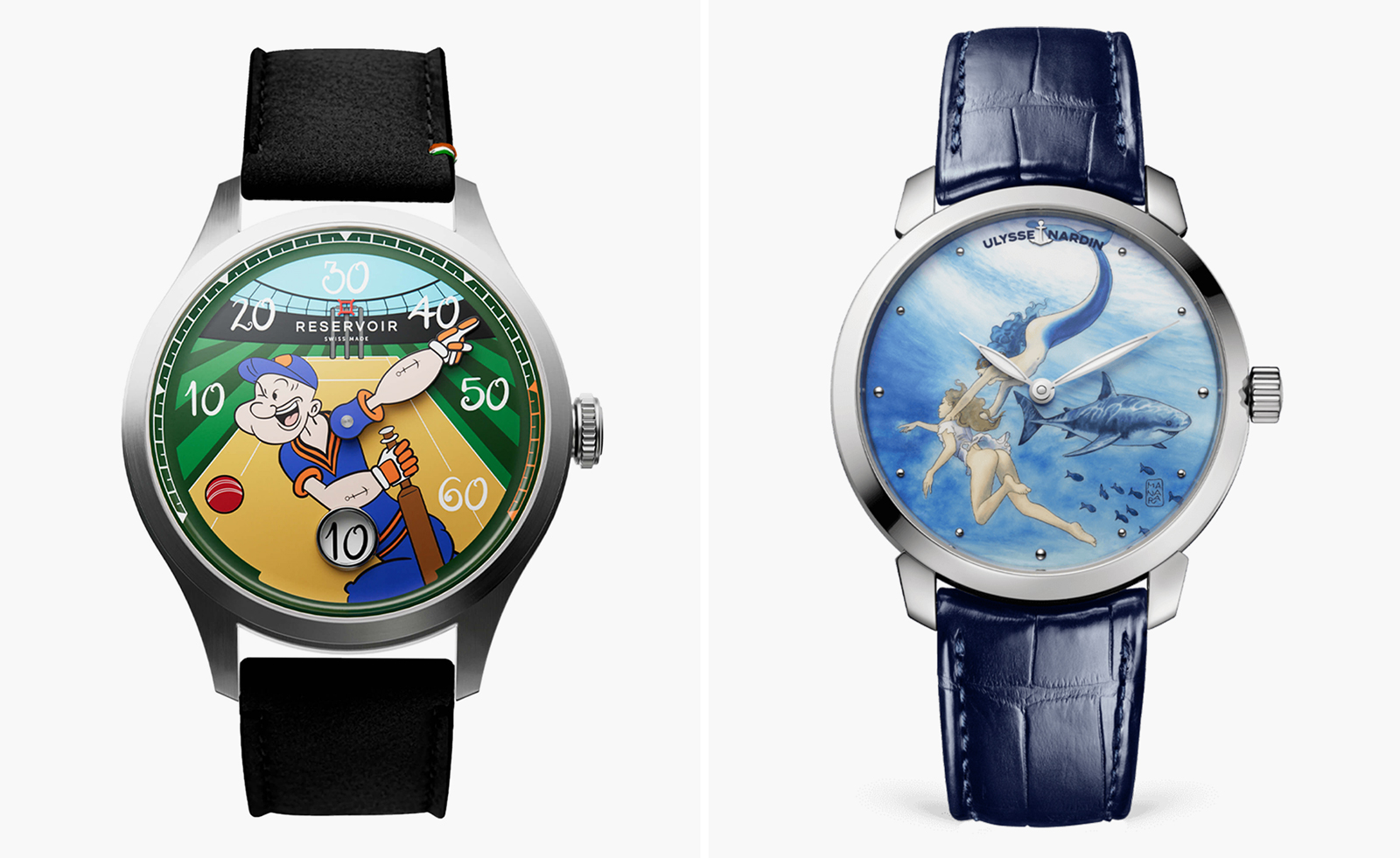
It’s hard to know where to start with the run of high-end comic book watches, such as the Gerald Genta ‘Mickey Mouse’, that have appeared of late, and the idea of an exquisitely crafted Spiderman jumping off the watch dial just feels a little unnerving. And while they’re not quite ubiquitous and you won’t see the likes of Patek Philippe or Rolex releasing Disney collections any time this decade, the numbers are growing fast; it’s becoming quite the phenomenon as brands from Oris to Audemars Piguet have signed partnerships with the likes of Marvel and Jim Henson Studios, while Bamford Watch Department Snoopy editions regularly sell out.
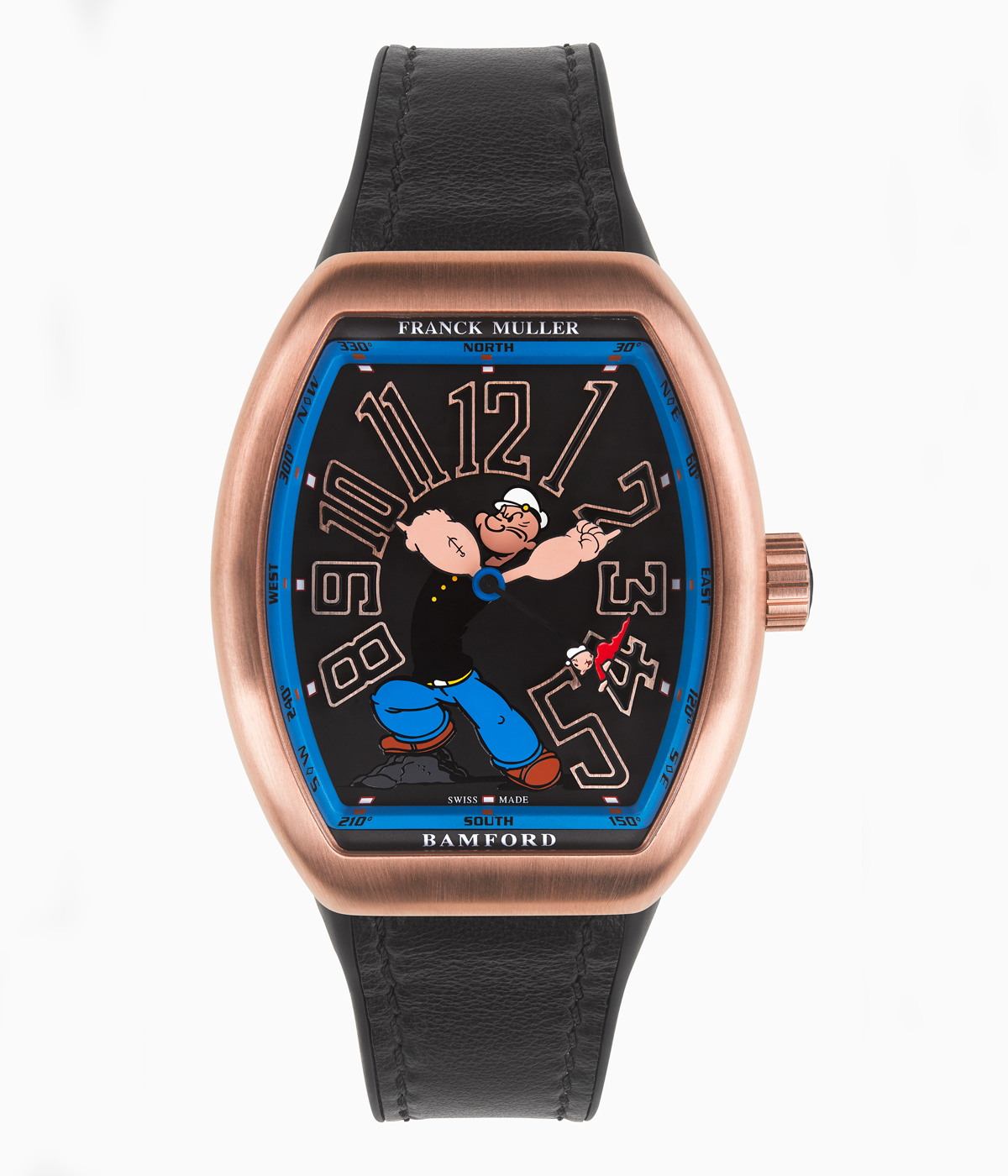
While I wonder what Popeye is doing on the front of a Reservoir (there’s a truly odd Cricket Popeye as well), the real question is less ‘what’s going on?’ and more ‘how come it took so long?’ Character watches have been around almost from the beginning. Ingersoll’s famous Mickey Mouse watch from 1933 wasn’t even the first, and there’s hardly a comic character since then that didn’t have multiple tie-in watches. The idea quickly extended to TV shows and music stars – there’s any amount of Elvis watches out there, ditto for the Beatles including the ‘real’ Apple Watch (made for the band’s music label, Apple).
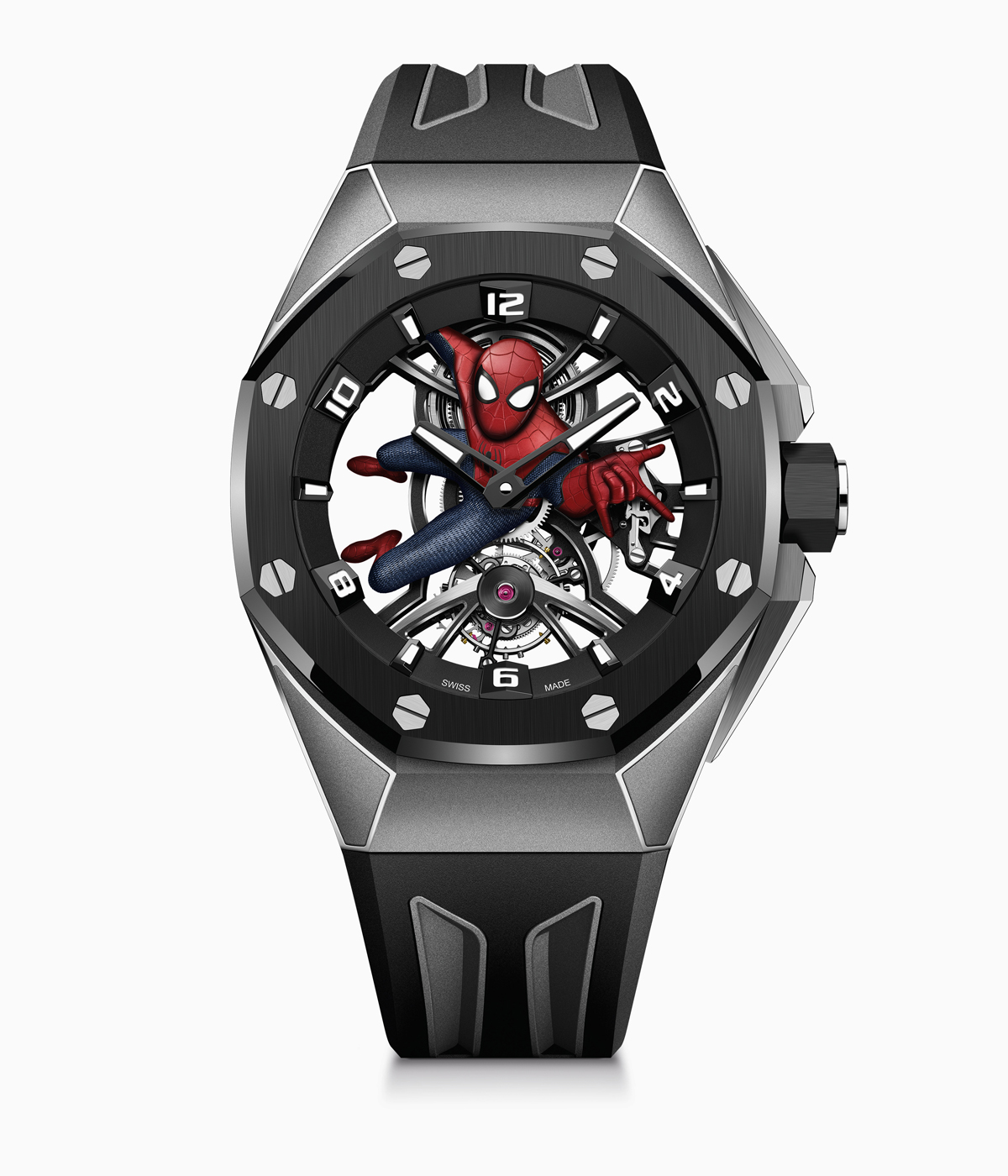
The difference is whereas Baby Boomers mostly left their comics to gather dust in the attic, Gen Xers never quite let go, and once they had disposable incomes were happy to invest in their passions. Far from being any sort of anomaly, high-end character watches are just one expression of a trend that has seen original comics make seven-figure sums at auction (Christie's even has a ‘Bande Dessinée’ department) and Lego sells out of highly detailed model Ferrari’s (the latest is a £389.99 Ferrari Daytona SP3).
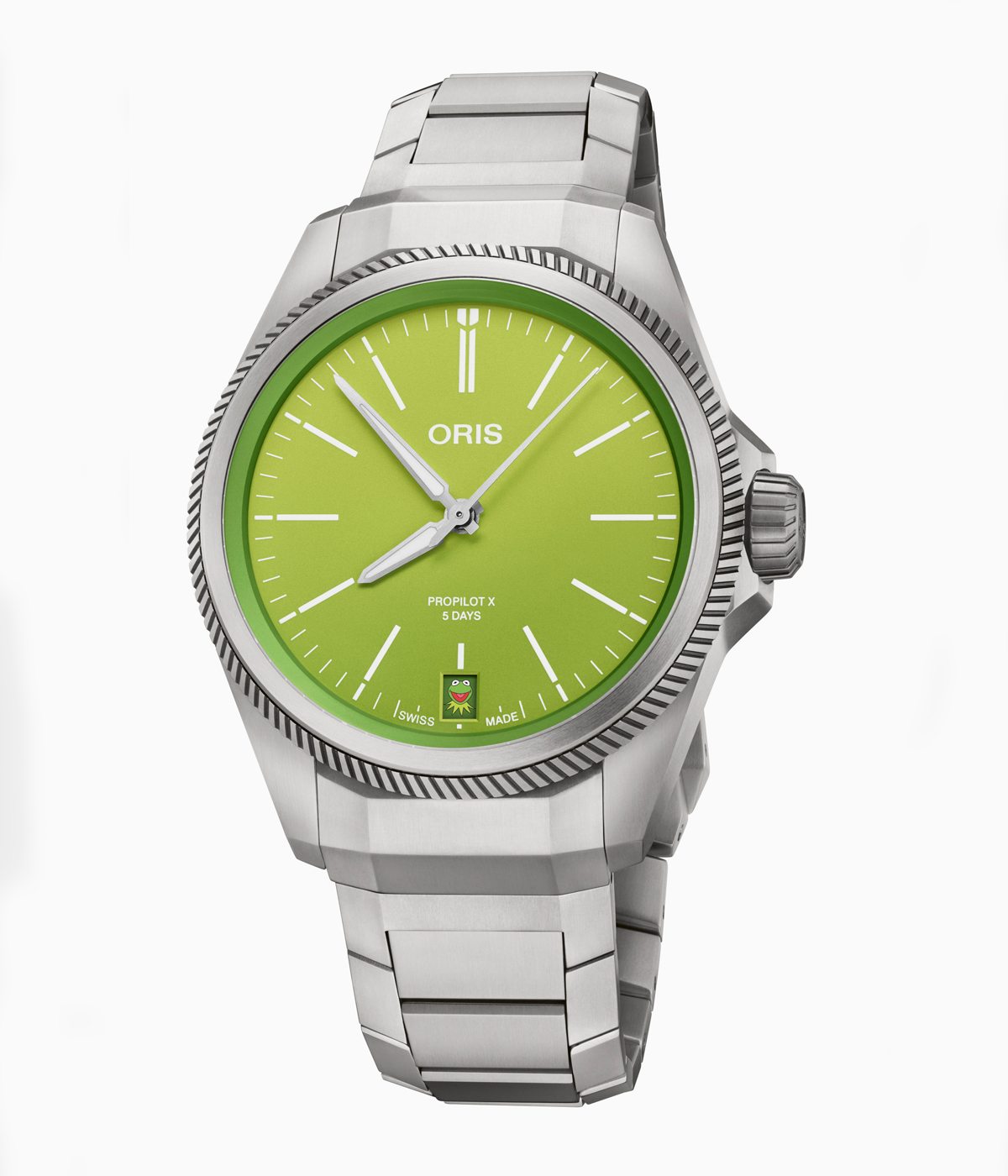
The original high-end Mickey Mouse watch happened by chance when Gerald Genta (the designer of Audemars Piguet’s Royal Oak and many others) was commissioned by then Disney CEO Michael Eisner to make one. Eisner liked it but Genta realised there might be a demand and released a whole series of Disney watches in the 1990s – don’t forget that these were still serious affairs, complete with precious metal cases, enamelled characters and fitted with complicated ‘Jump Hour’ and ‘Retrograde Hand’ movements. And they sold, too.
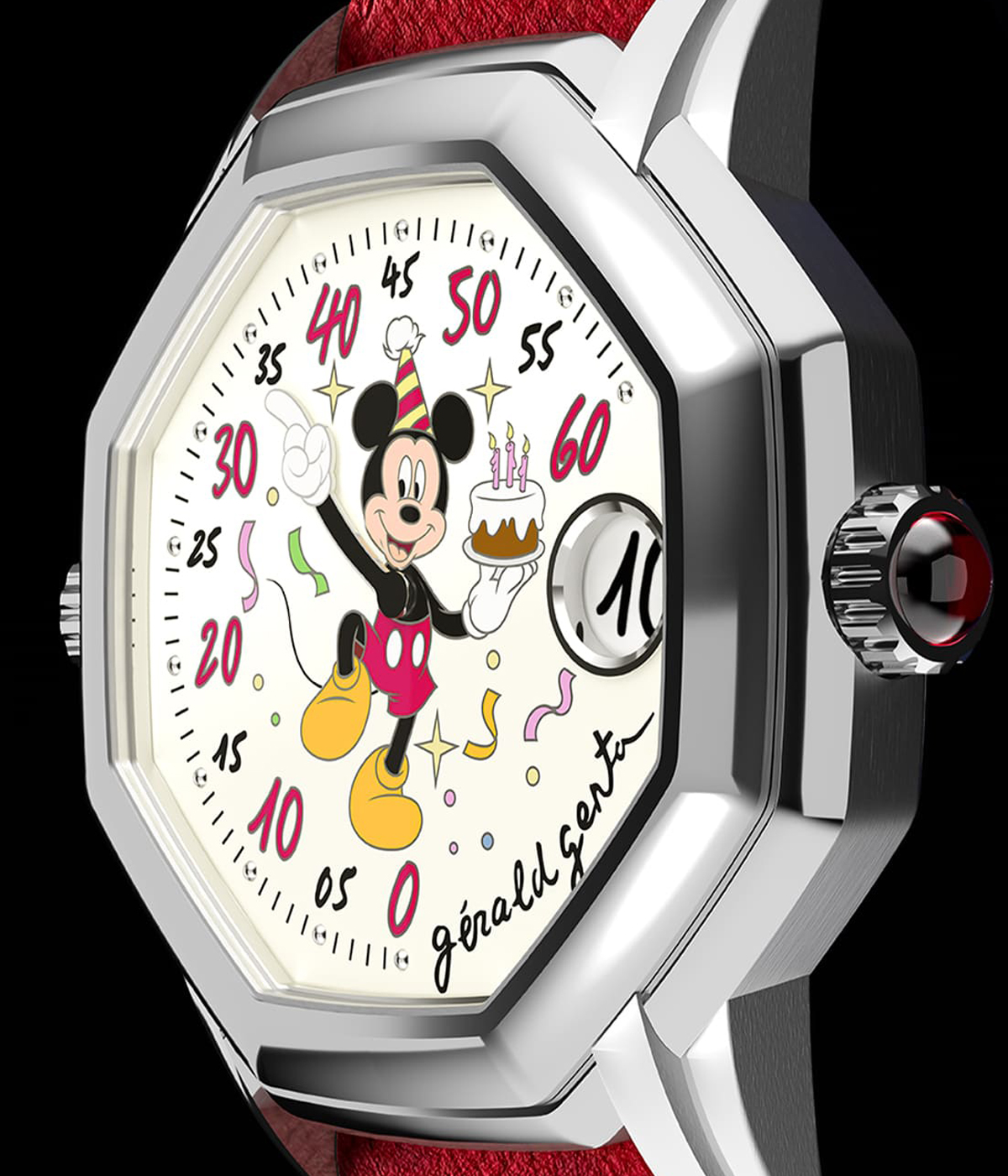
No one else followed up on the idea, however, and when the Gerald Genta brand went dark in the early 2000s, it looked as if the idea was just one of those dead-end avenues in which 1980s and 1990s watch design specialised. Except that the marriage of haute horlogerie and pop culture never quite went away, as Omega demonstrated with regular James Bond edition Seamasters, and Hublot did with its football club editions.
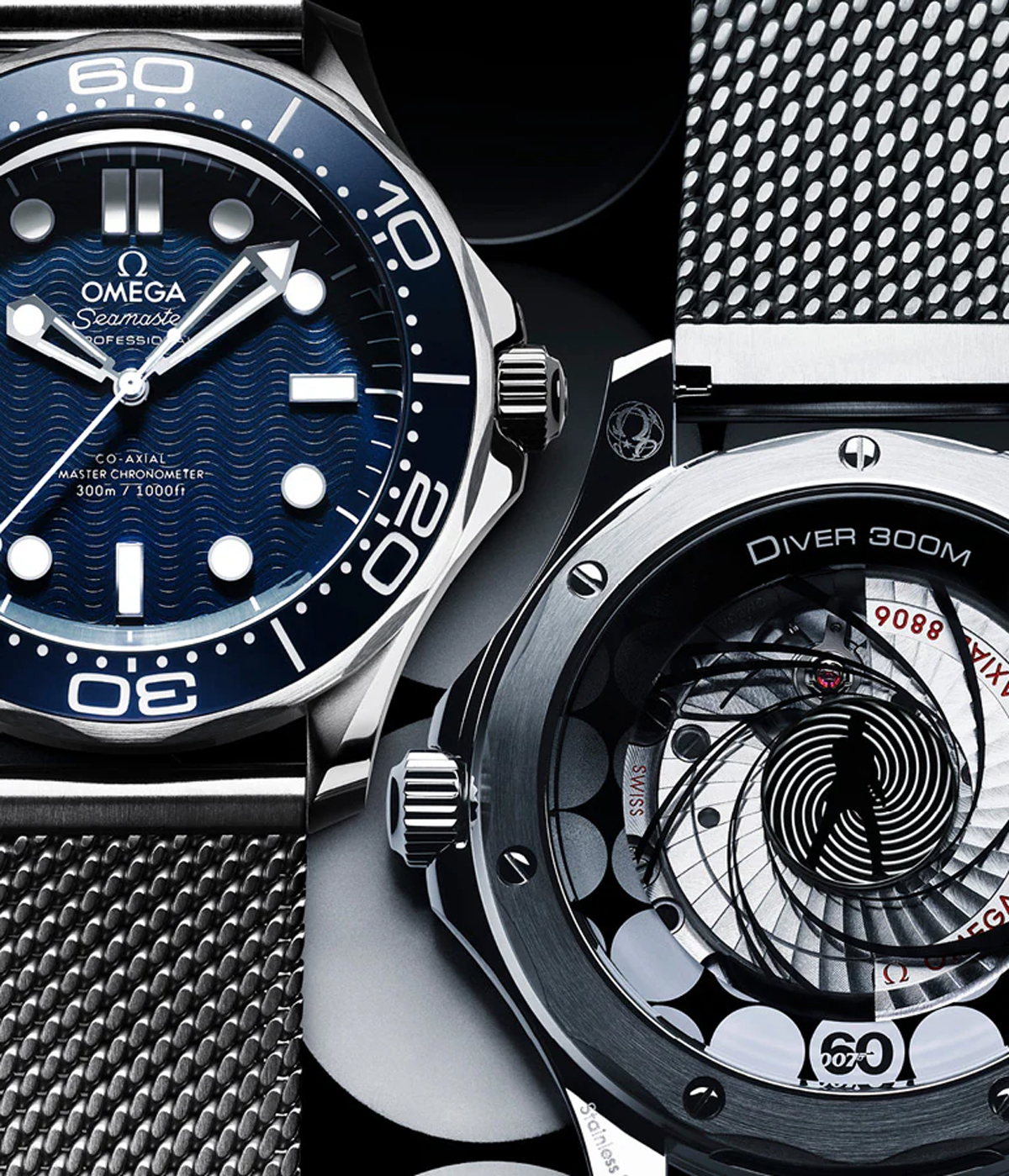
As ever, though, it was the independent, boutique-scale makers that made the idea of bringing pop culture into high-end watchmaking work. From its inception, Urwerk’s designs have had an explicit sci-fi inspiration, while MB&F’s overtly cute output (think bug-eyed watches and robot clocks) reflects Max Busser’s belief that the ‘creative adult is the child that survived’. Micro-brand Linde Werdelin even commissioned its own bande-dessinée, while Ulysse Nardin produced a series of watches based on a specially commissioned series of erotic illustrations by the Italian artist, Milo Manara.
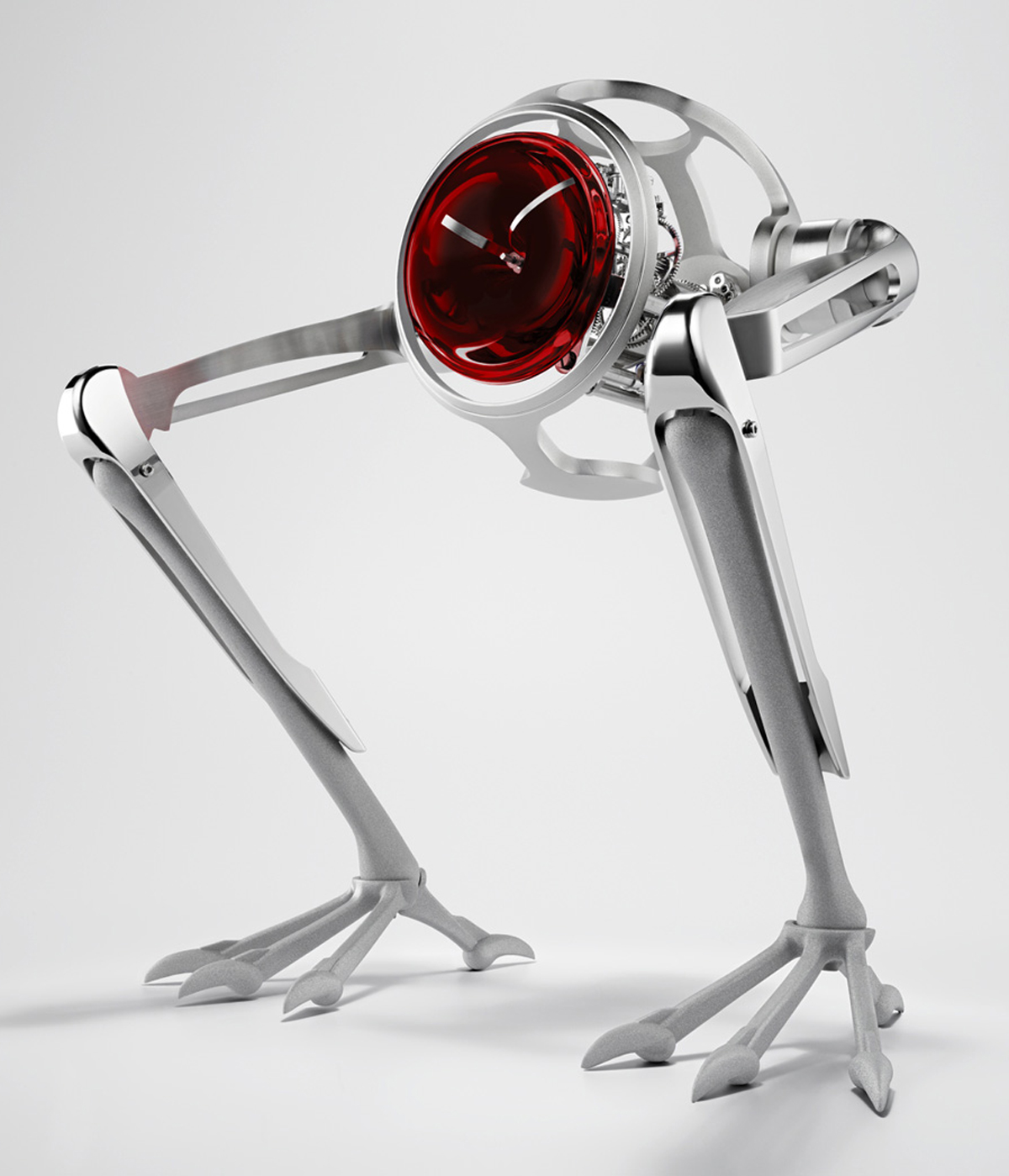
All the same, there’s a difference between a whimsical approach to watch design and Audemars blowing the doors off traditional ideas of watch design with the (CHF195,000) Spider-Man Concept Tourbillon. The Le Sentier maker had skilled artisans working for months to create a fully 3D rendering of Spiderman in the impossibly limited confines of a tourbillon movement.







